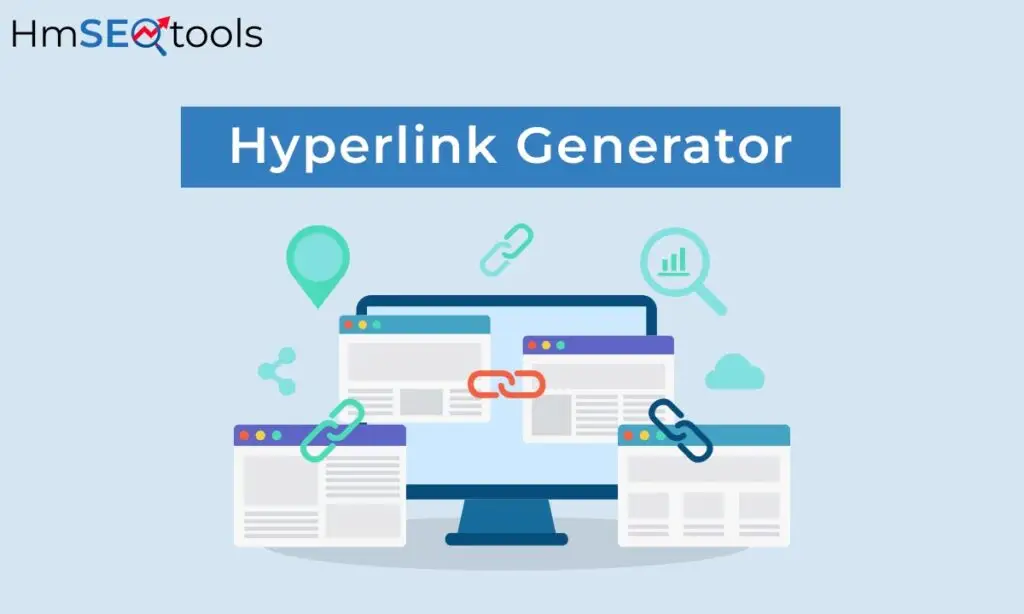Introduction
SERP: What is it? Emphasize the importance of search engine results pages (SERPs) in SEO by explaining that these are the pages that search engines display in response to a user’s query.
The significance of SERP ranking Give a brief explanation of how a site’s visibility, traffic, and potential conversions can all be significantly increased by ranking well in search engine results.
Important SEO Components of SERPs and Their Significance
1) Organic Search Results:
- Talk about how the quality and relevancy of content affect organic results.
- Prioritize on-page optimization, keyword research, and original content.
2) Paid Search Results:
- Describe the differences between organic listings and PPC advertisements.
- Talk about Google Ads and the significance of the quality score and ad relevancy.
3) Featured Snippets:
- A how-to manual for optimizing for response boxes, or featured snippets.
- Advice on content organization (lists, tables, Q&A format) to improve the likelihood of snagging a sample.
4) Knowledge Panels and Local Packs:
- Describe the Local Pack for nearby companies and the Knowledge Panel for individuals and brands.
- Bring up the significance of Google My Business and schema markup for local SEO.
5) Rich Snippets:
- Discuss using schema markup to get rich results (like reviews, ratings, recipes).
- Practical advice on implementing structured data to enhance SERP listings.
Steps to Improve Your SERP Ranking
1) Keyword Research and Intent Analysis:
- Advice on how to identify keywords that match user intent.
- Bring up tools such as Ahrefs, SEMrush, or Google Keyword Planner.
2) Optimize On-Page SEO:
- Provide instructions for headers, meta tags, and keyword placement.
- Talk about readability, mobile optimization, and article quality.
- Make sure titles and meta descriptions reflect user intent by using tools such as SERP Snippet Optimizer.
3) Content Quality and User Experience:
- Put a focus on producing worthwhile, interesting material.
- Talk about how SEO and SERP rankings are impacted by user experience elements like page speed and mobile friendliness.
4) Utilize Link Building Strategies:
- Describe the role that backlinks have in SEO.
- Give tips on how to create high-quality links (outreach, guest posts).
5) Optimize for Local Searches:
- Talk about how location-based keywords are important.
- instructions for setting up local citations, reviews, and Google My Business.
Advanced Strategies for Getting Noticed on SERPs
- Leverage Visual and Video Content: Explain how including media might draw attention to your website in search engine results.
- Try Voice Search Optimization: Advice on how to use natural language and FAQ sections to optimize for voice search.
- Apply the E-A-T (Expertise, Authority, Trustworthiness) framework: Describe the effect that authority demonstration can have on ranks.
Conclusion
- List the Main Takeaways: Reiterate that user experience, content quality, and SEO must all be combined for SERP optimization.
- Encourage Action: Encourage readers to use tools like the SERP Snippet Optimizer to create perfect snippets and to begin using these tactics for increased Google visibility.






